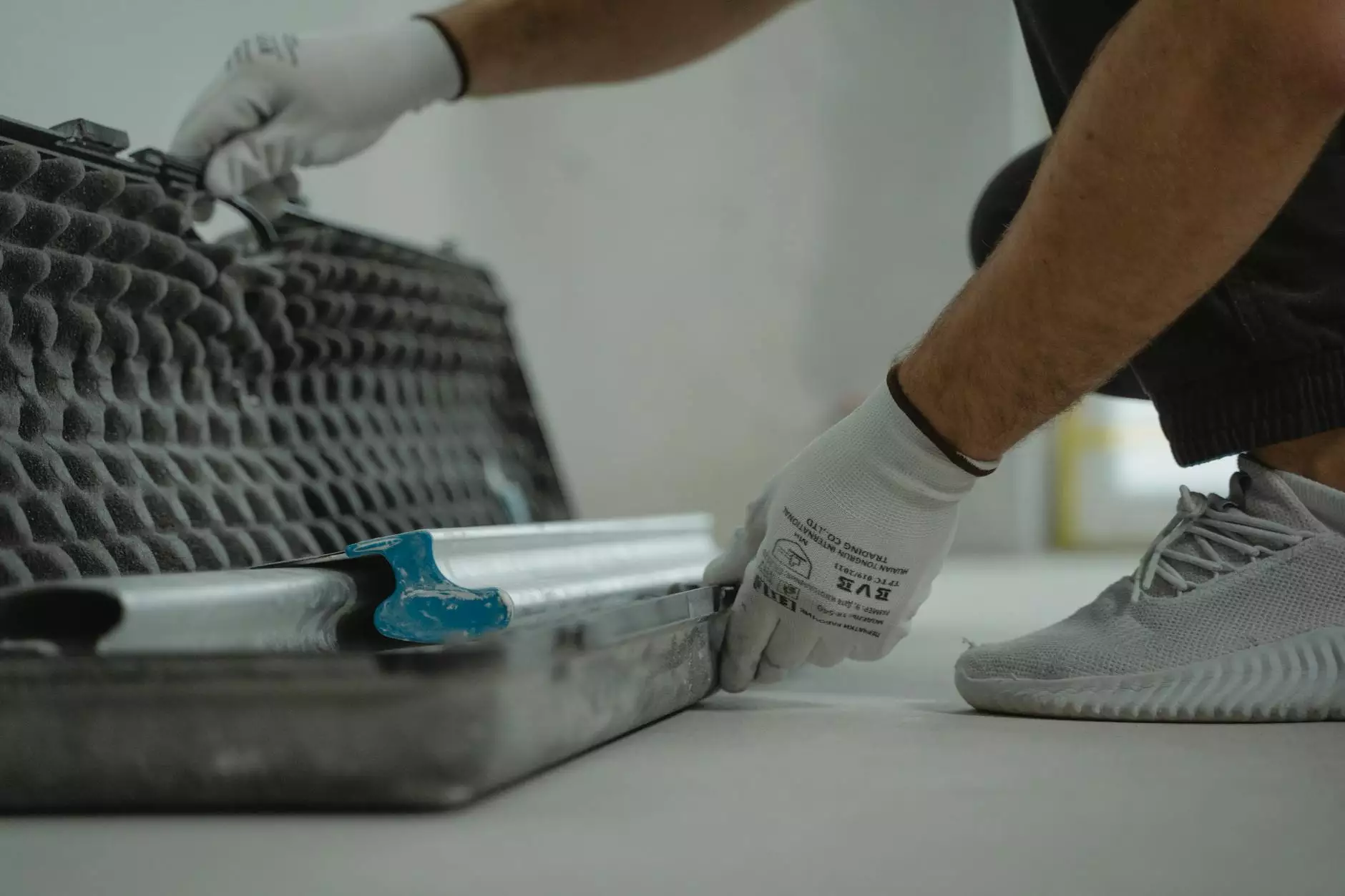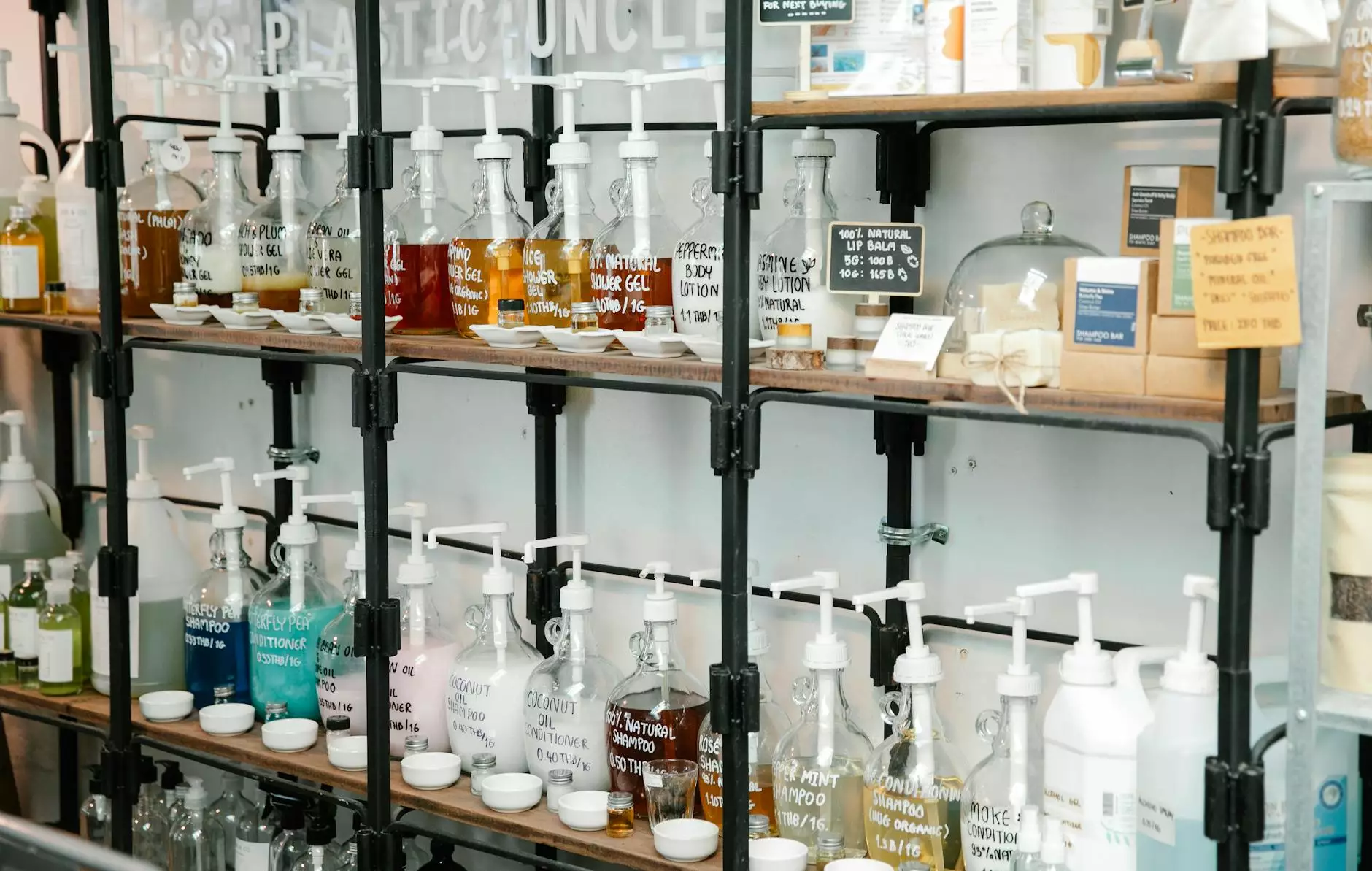Understanding Plastic Surgery Tools: Essential Equipment for Every Procedure

In the realm of aesthetic enhancement, plastic surgery has become a pivotal option for individuals seeking to improve their appearance. Plastic surgery tools play an indispensable role in the successful execution of surgical procedures. This article delves deep into the world of plastic surgery tools, examining their types, applications, and significance in ensuring patient safety and satisfaction.
The Importance of Plastic Surgery Tools
Every surgical specialty relies on its specific set of instruments, and plastic surgery is no exception. The right plastic surgery tools can make a considerable difference in both the execution of the procedure and the overall outcomes for the patient. Tools are meticulously designed to accomplish tasks that require precision, reduce recovery time, and enhance the safety of patients.
Categories of Plastic Surgery Tools
Plastic surgery tools can be segmented into several categories based on their function. Understanding these categories is crucial for both medical professionals and patients.
- Cutting Instruments: Tools specifically designed to incise tissue.
- Grasping Instruments: Used to hold and manipulate tissues.
- Retractors: Instruments that hold back tissues to provide visibility and access to the surgical site.
- Suction Devices: Essential for removing fluids and blood from the surgical area to maintain a clear working field.
- Electrosurgical Tools: Used to cut tissue and coagulate blood vessels simultaneously.
Common Surgical Instruments in Plastic Surgery
1. Scalpels
Scalpels are among the most fundamental instruments in any surgical procedure. Their sharp blades allow for precise incisions in various layers of skin and tissue. Surgeons select scalpels based on blade type and handle size to suit specific procedures, ensuring optimal results.
2. Scissors
Scissors come in various shapes and sizes, each designed for specific tasks. For instance, metzenbaum scissors are ideal for cutting delicate tissue, while Mayo scissors are often used for cutting heavier tissue and sutures.
3. Forceps
Forceps are essential for grasping and holding tissues during surgery. Thumb forceps are commonly used for fine manipulation, while locking forceps can securely hold structures in place, allowing surgeons to use both hands for other tasks.
4. Needle Holders
Needle holders are specialized forceps used to securely hold needles during suturing. Their design ensures a firm grip without damaging the needle, allowing for precise placement of stitches.
5. Retractors
Retractors are critical in maintaining visibility at the surgical site. They come in various forms, such as handheld or self-retaining, and are used to hold back skin and other tissues, providing the surgeon with unobstructed access.
6. Suction Devices
Suction devices are used to remove blood, fluids, and debris from the surgical field. This tool is essential for maintaining a clear view of the operation site, reducing complications and improving outcomes.
Innovations in Plastic Surgery Tools
With advancements in technology, the landscape of plastic surgery tools continues to evolve. Modern instruments are not only designed for efficiency but also for safety and patient comfort. Various innovations have emerged in the field, including:
- Robotic Surgery Systems: These systems enhance precision and allow for minimally invasive procedures.
- Laser Technology: Lasers are increasingly used for a variety of procedures, offering more precision and less trauma to surrounding tissues.
- 3D Printing: Custom implants and surgical models can now be created using 3D printing, allowing for personalized surgical planning.
Choosing the Right Plastic Surgery Tools
Selecting appropriate plastic surgery tools is a critical aspect of pre-operative planning. Surgeons often consider factors such as:
- Procedure Type: Different procedures require different instruments.
- Patient Characteristics: Body type and specific needs can dictate tool selection.
- Surgeon Preference: Individual preferences and surgical experiences also influence tool choice.
Education and Training for Surgeons
Surgeons undergo extensive training to become familiar with the myriad of plastic surgery tools. This training includes:
- Medical School: Comprehensive education on human anatomy, physiology, and surgical techniques.
- Residency Programs: Hands-on experience under the guidance of experienced surgeons.
- Continuing Education: Ongoing learning through workshops, seminars, and conferences to stay updated on the latest tools and techniques.
Safety and Sterilization of Plastic Surgery Instruments
The safety of surgical instruments is paramount in preventing infections and ensuring patient safety. The following practices are critical:
- Sterilization: Instruments must be sterilized using appropriate methods such as autoclaving, ethylene oxide gas, or other techniques to eliminate all microbial life.
- Regular Maintenance: Tools must be regularly inspected and maintained to ensure they remain in optimal condition.
- Proper Handling: Surgical personnel must be trained in the proper handling and usage of plastic surgery tools to avoid accidents and contamination.
Conclusion: The Future of Plastic Surgery Tools
As we look towards the future, the evolution of plastic surgery tools will continue to enhance the capabilities of plastic surgeons, leading to improved outcomes for patients. Innovations in materials and technology promise even greater advancements, ensuring that the art and science of plastic surgery remain at the forefront of medical care.
In summary, understanding the various plastic surgery tools and their applications is essential for both practitioners and patients. As surgical techniques evolve and new tools emerge, the commitment to patient safety and satisfaction will always be the primary goal of the medical community.
Are You Considering Plastic Surgery?
If you're contemplating plastic surgery, it’s essential to consult with certified professionals who prioritize safety, utilize advanced technologies, and are well-versed in the use of the latest plastic surgery tools. Don't hesitate to reach out to expert practitioners like those at grey-medical.com for guidance and care tailored to your individual needs.









